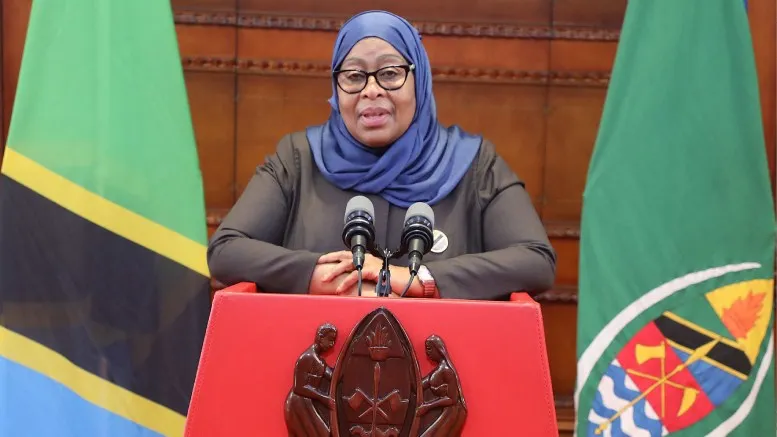President Samia Suluhu Hassan, who assumed office in 2021 following the death of John Magufuli, is contesting her first presidential election. She is seeking a fresh mandate to extend her leadership and strengthen her position within the ruling party.
The elections will be held under a first-past-the-post system, with voters electing both the president and vice president through a simple majority. Tanzania’s parliament will also be renewed, with 264 constituency seats — 214 from the mainland and 50 from Zanzibar — alongside 113 seats reserved for women representatives.
While 17 candidates were initially approved, only Hassan’s CCM remains nationally active after the exclusion and boycott of key opposition parties Chadema and ACT-Wazalendo. Several major opposition leaders were barred from contesting, fueling criticism of the process.
Voters across Tanzania’s growing population — now exceeding 68 million — cite concerns over economic inequality, unemployment, access to clean water, and reliable electricity as dominant issues. Although the government has made progress in infrastructure and digital connectivity, rural communities continue to feel left behind.
Human rights organizations, including Amnesty International and Human Rights Watch, have warned of increasing repression ahead of the vote. Reports of abductions, enforced disappearances, and harassment of opposition figures have raised alarm both locally and internationally.
Despite these tensions, observers note that the election will test President Hassan’s political strength and her ability to balance reformist promises with party loyalty inside the CCM — a movement that has held uninterrupted power since independence in 1961.



